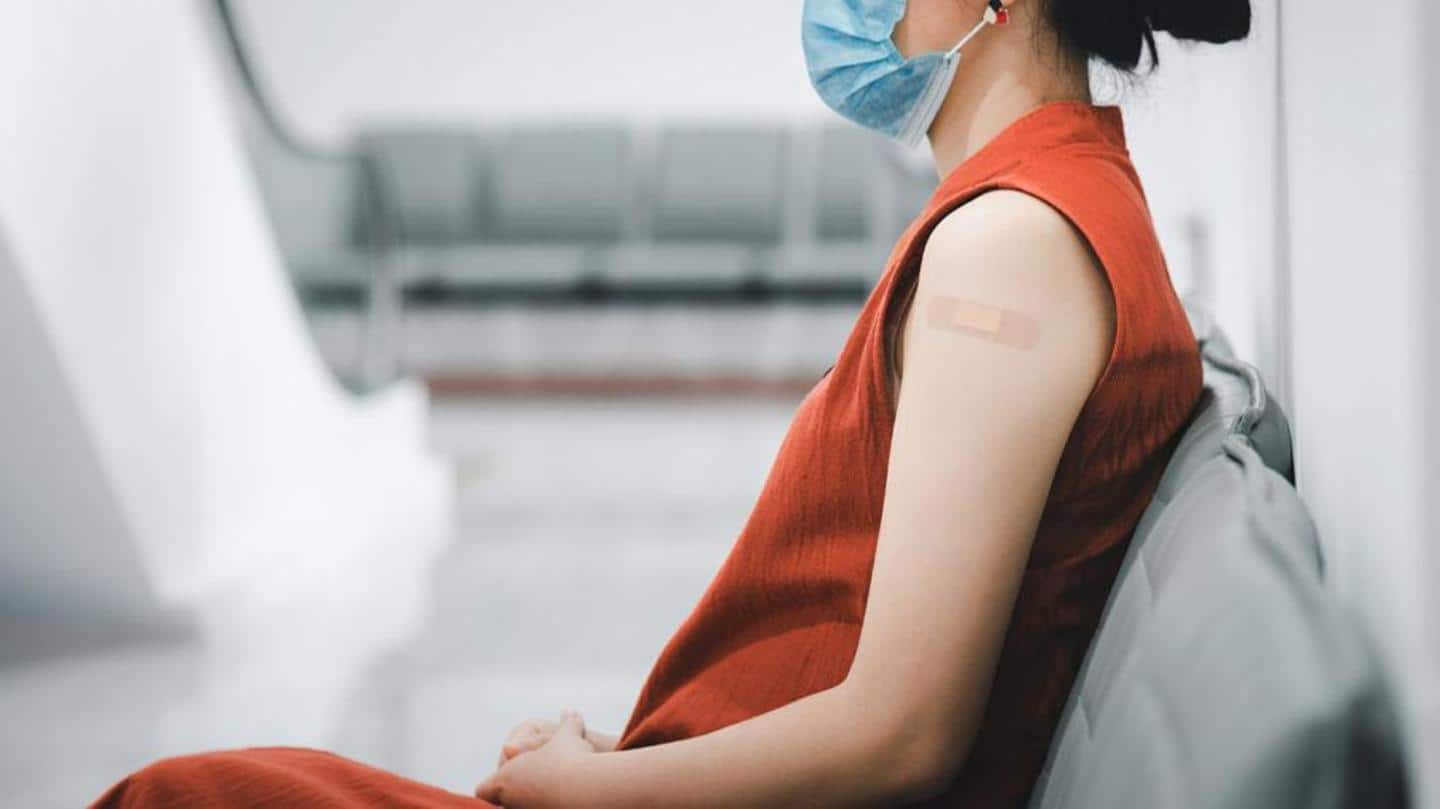
Possible link between COVID-19 vaccination and menstrual cycle changes: Study
What's the story
Thousands of women around the world have reported suffering various period problems, including changes to their menstrual cycle, after taking the COVID-19 vaccine.
Even though health experts have brushed off these concerns for the most part, growing evidence has put pressure on authorities to take note of the issue.
So what do the studies suggest?
Details
30,000 women reported menstrual changes, study says
More than 30,000 women saw changes in their menstrual cycle after taking the coronavirus vaccine, according to a report in the peer-reviewed British Medical Journal (BMJ).
While the paper notes that most of these changes are safe and short-term, it calls for further research to understand their causes.
The changes usually last only one cycle, according to the people who reported.
Study
Changes due to immune response, not vaccine component: Researcher
Dr. Victoria Male, the author of the paper, said the changes may have to do with a person's immune response and not something in the vaccine.
"Menstrual changes have been reported after both mRNA and adenovirus vectored COVID-19 vaccines, suggesting that if there is a connection, it is likely...a result of the immune response to vaccination rather than a specific vaccine component."
US
Over 1 lakh people reported such changes in the US
In the United States, researchers Kate Clancy and Katharine Lee have collected over 1,40,000 reports from people who noticed changes in their period after COVID-19 vaccination.
The reported changes also include heavier bleeding and greater mood swings, among others.
However, there is no evidence yet to establish any impact of the vaccine on pregnancy or fertility.
Information
Some women also reported delay in menopause
Some women also said the vaccine affected their menopause. "For me, menopause had properly set in. But then, I took the first dose of the vaccine in April and it triggered periods for the next four months," said Deepa Gupta, according to Hindustan Times.
Hesitancy
Issue may contribute to vaccine hesitancy
Worryingly, such issues and health officials' reluctance in recognizing them may contribute to vaccine hesitancy.
"Vaccine hesitancy among young women is largely driven by false claims that COVID-19 vaccines could harm their chances of future pregnancy," Dr. Male wrote.
"Failing to thoroughly investigate reports of menstrual changes after vaccination is likely to fuel these fears," she said.